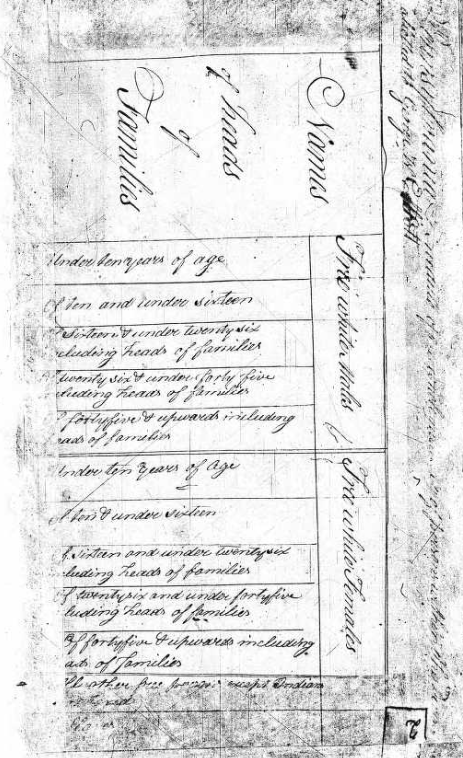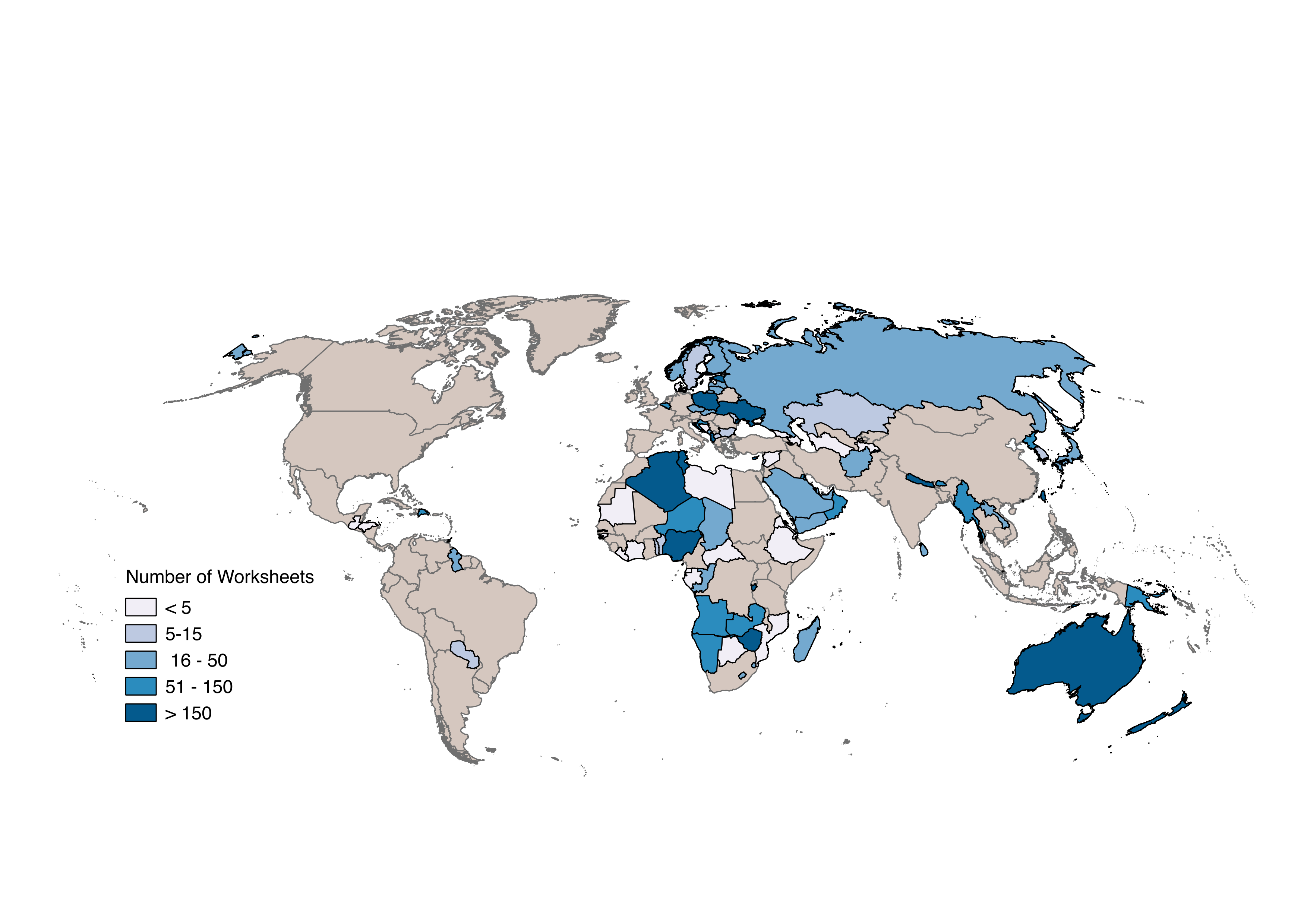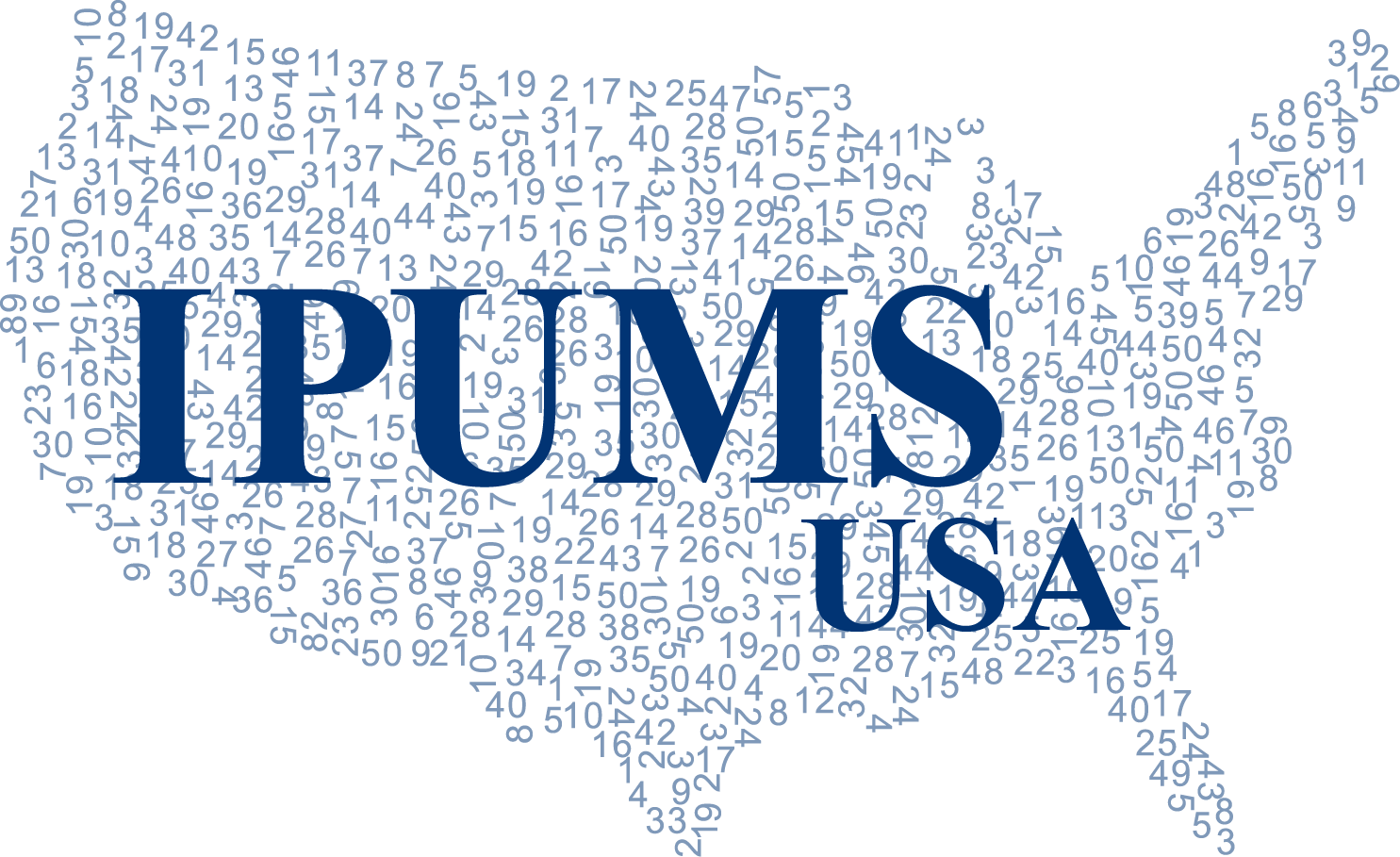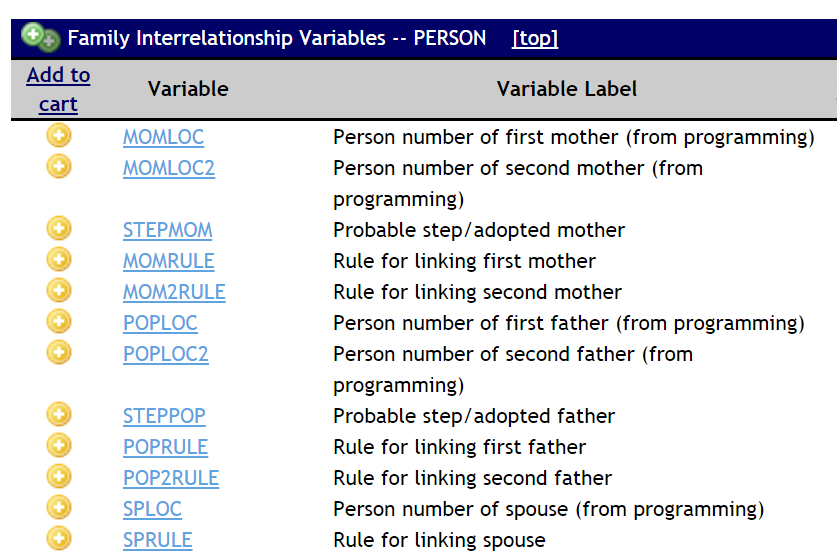
In collaboration with our partners at Ancestry.com, the Minnesota Population Center has released new historical census data through IPUMS-USA. Full count data for 1790-1840 is available via IPUMS-USA as household-level and county-level datasets* for each decennial census year and for the combined years, 1790-1840.

 IPUMS-International currently disseminates census microdata from 82 countries around the world. It’s an impressive collection. But it still only covers about half the world’s countries. Under the TerraPop project, we are working to assemble a truly comprehensive global collection of population data.
IPUMS-International currently disseminates census microdata from 82 countries around the world. It’s an impressive collection. But it still only covers about half the world’s countries. Under the TerraPop project, we are working to assemble a truly comprehensive global collection of population data.



